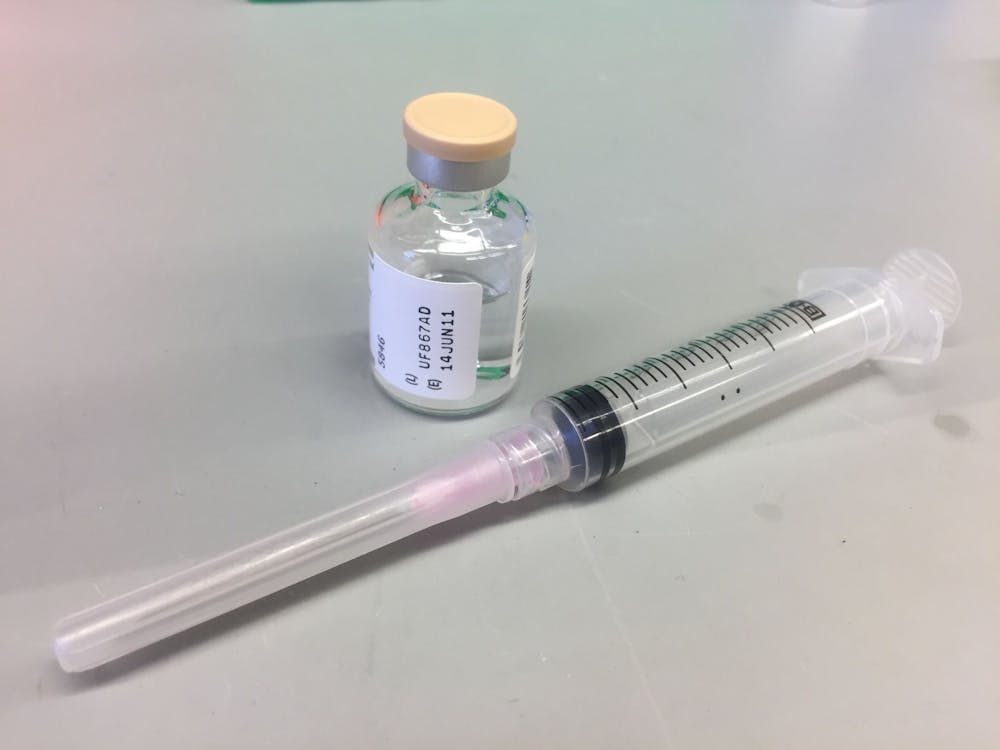
A modified-RNA strain was used in creating an influenza vaccine that can protect babies against infections in spite of the presence of maternal antibodies.
Credit: Son NguyenA new study from the Perelman School of Medicine advanced development of vaccines that could protect newborns from infectious diseases.
Scott Hensley, professor of microbiology, and Drew Weissman, professor of infectious diseases at Penn Med, developed a modified-RNA strain to use in an influenza vaccine which can protect babies against infection even in the presence of maternal antibodies, Penn Medicine News reported.
According to Penn Medicine News, vaccines for diseases such as influenza and measles are typically ineffective for young infants, leaving them vulnerable to infectious diseases until they can be vaccinated between the ages of six months and one year. Until then, the antibodies a baby receives from its mother shut down the immune response a vaccine normally triggers, Penn Medicine News reported. The study, which appears in Science Translational Medicine, found the vaccine that protects mice with maternal antibodies from infection.
The results of the study suggest the modified-RNA version of the vaccine triggers a stronger immune response by continuously releasing antigens, toxins that activate an immune response, according to Penn Today. A normal vaccine emits all antigens at once, and the maternal antibodies can more easily overcome them.
The researchers hope to translate results found in mice to successful vaccination of human infants, Penn Medicine News reported. They also see potential to vaccinate newborns against diseases other than influenza.
“It could be a real game changer,” Hensley told Penn Medicine News. “Imagine a world where an infant is born or comes into the clinic very early in life and can receive vaccines that have antigens not just for the flu but a multitude of different pathogens. Wouldn’t that be something?”
Penn Medicine has led development of other vaccines in the past. In September 2019, researchers developed a vaccine to prevent genital herpes in guinea pigs and mice. Weissman led another team of researchers at Penn Medicine in 2017 that developed a vaccine against the Zika virus in a single dose.
The Daily Pennsylvanian is an independent, student-run newspaper. Please consider making a donation to support the coverage that shapes the University. Your generosity ensures a future of strong journalism at Penn.
Donate







